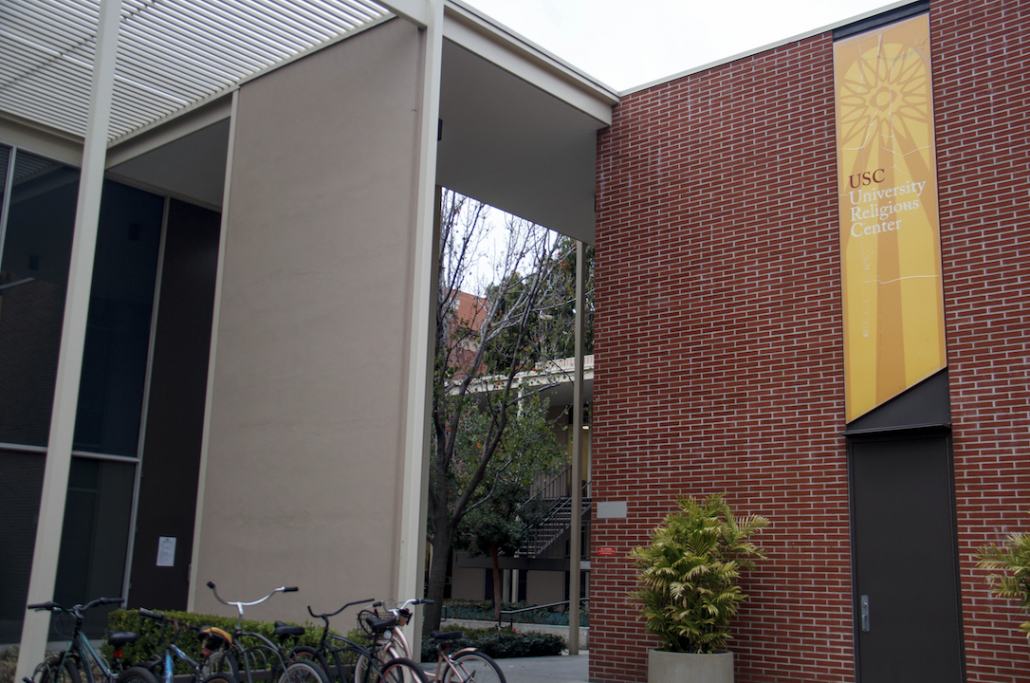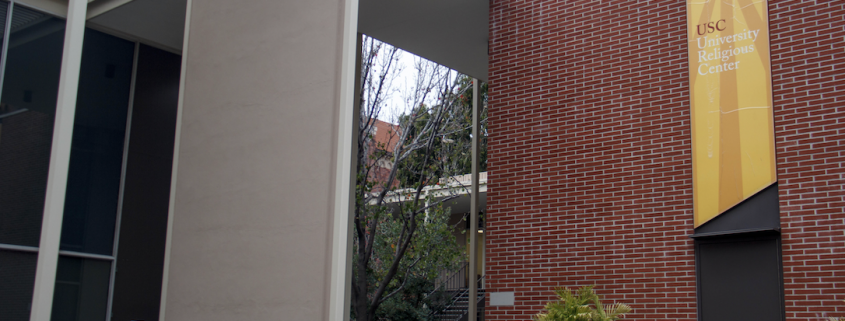USC creates new Office of the Ombuds

USC announced the opening of the Office of the Ombuds, an office dedicated to providing a safe place for faculty, staff and students to voice concerns and seek confidential support, according to a memo sent to the USC community Tuesday.
After a nationwide search, Katherine Greenwood, who previously served as director of the Office of the Ombuds at UC Davis, and Thomas Kosakowski, who previously served as the UCLA Health System Ombudsperson, will respectively oversee the University Park Campus and Health Sciences Campus.
“The USC Office of the Ombuds will provide a safe place on both campuses for faculty, students and staff to navigate policies, issues, concerns and conflicts without fear of reprisal or judgement,” Provost Michael Quick and Vice Provost for Campus Wellness and Crisis Intervention Varun Soni wrote in the memo. “In doing do [sic], the Office will promote and embody an ethical, empathetic and engaged university culture committed to problem-solving, dispute resolution and workplace wellness.”
According to the memo, an ombudsperson is a “dispute resolution professional” who helps individuals navigate conflict and complaints. The office was created after the University recognized the need to create a safe and independent office for the USC community to share their concerns and challenges.
“What I learned in the process of building the office is that we are probably the only top-tier research university in the country that [didn’t] have an ombuds office,” Soni said in an interview with the Daily Trojan. “We really thought we needed a place that is a safe and confidential place for faculty students and staff to discuss their concerns, to be connected with resources, to strategize what their options might be.”
Soni said that during the national search, the University sought individuals with experience in higher education and the health science enterprise.
“We put the word out, encouraged lots of different people to apply, had an incredible pool and had a very rigorous search process,” he said. “We ended up hiring, in my opinion, the two best ombuds in American higher education and we are very lucky to have gotten them.”
According to the memo, the office will share identifiable and anonymous patterns, trends and general concerns with the University. Greenwood hopes that in doing so, USC will make institutional changes and become more aware of campus issues.
“I have witnessed and seen how the presence of an ombuds office allows people to share information,” Greenwood said. “Information is often the agent of change because if an institution or organization isn’t aware of information … A lot of times they don’t change because they don’t see the need.”
Greenwood emphasized that while the office does not conduct investigations, adjudicate issues or provide counseling, it seeks to empower community members through consultation and conversation.
“What our office can do is provide … upward feedback,” Greenwood said. “We’re providing amalgamated, anonymized information to the campus leadership at the appropriate level … and we can also encourage our visitors by giving them reporting mechanisms. There are new offices on campus that will conduct investigations, so we are trying to empower our visitors.”
The Task Force on Workplace Standards and Employee Wellness established by the Office of the Provost suggested the idea of employing an ombud in Spring 2018. The office’s creation became part of a larger strategy USC is pursuing to increase transparency and accountability on campus. According to the University’s Change Progress Dashboard, Quick and Soni spearheaded the initiative, which is currently operational.
“We’re pleased to offer our USC community this valuable resource — an impartial, non-judgmental safe space,” Quick wrote in a statement to the Daily Trojan. “We have found the best people to provide guidance through challenging and concerning issues. We hope our community will take advantage of the USC Office of the Ombuds and find it a fair and equitable first step toward resolving these matters.”
Students can access the ombuds at the University Religious Center by scheduling an appointment by phone or online.

